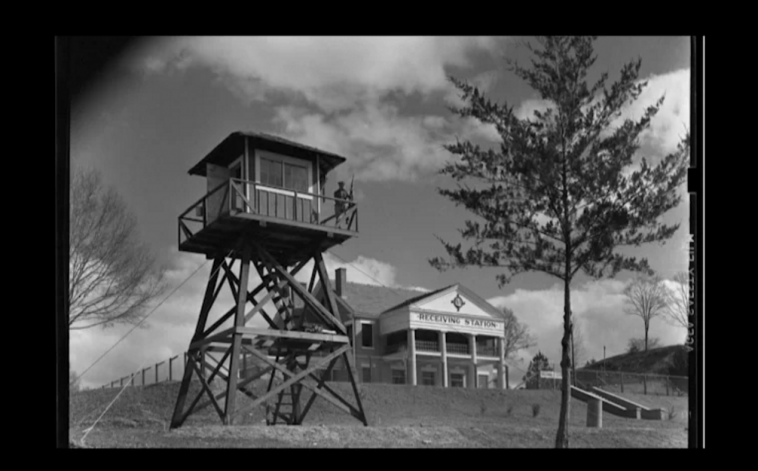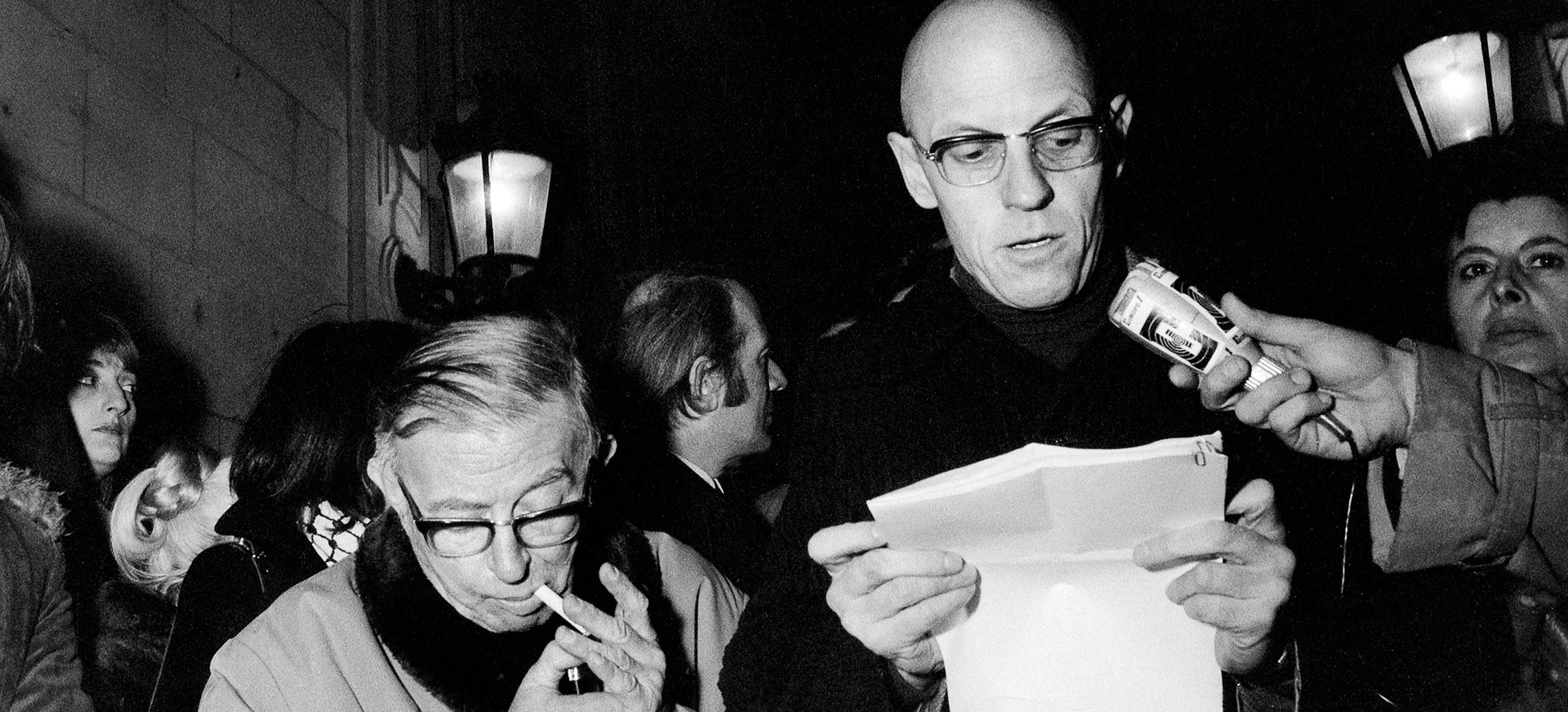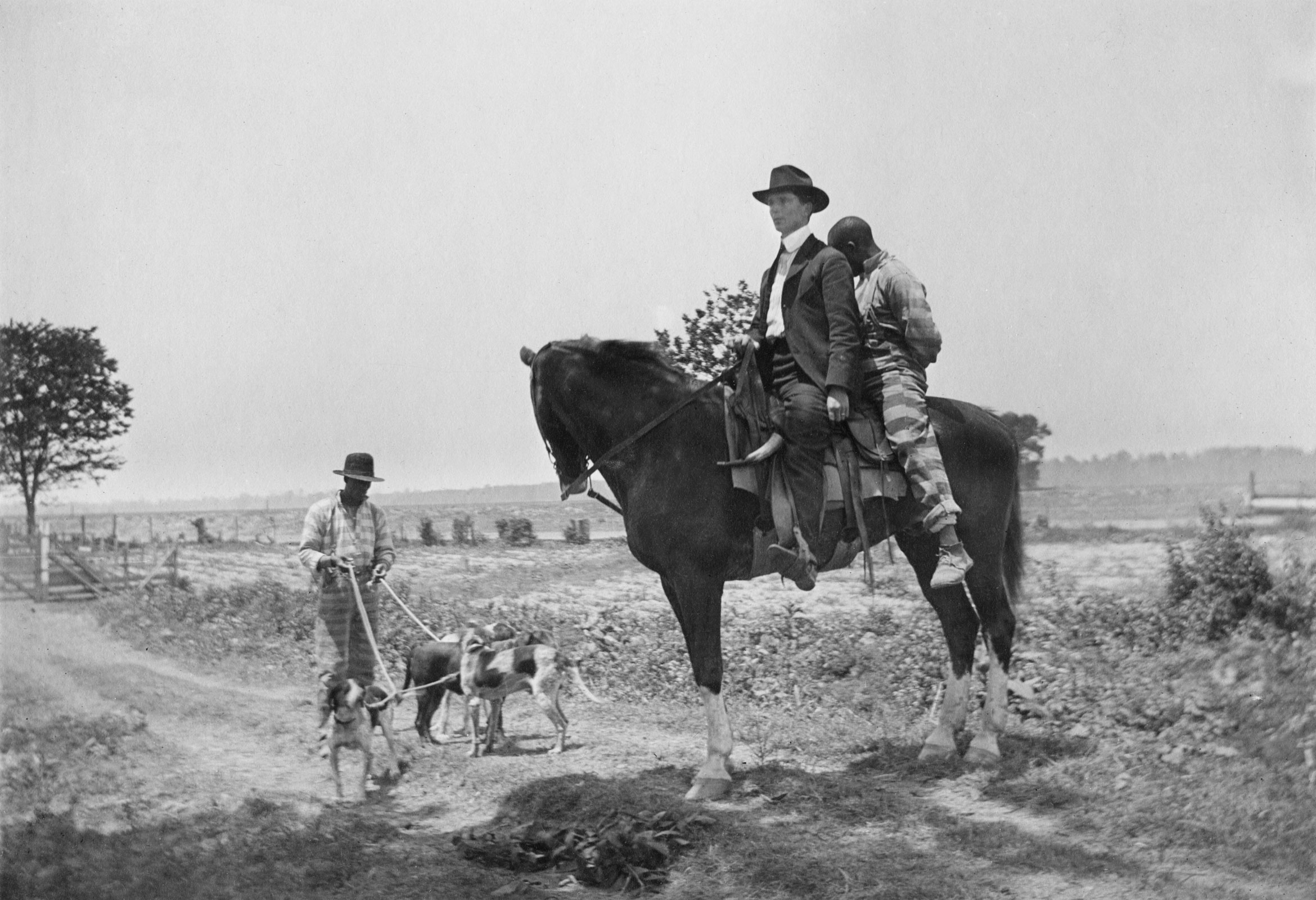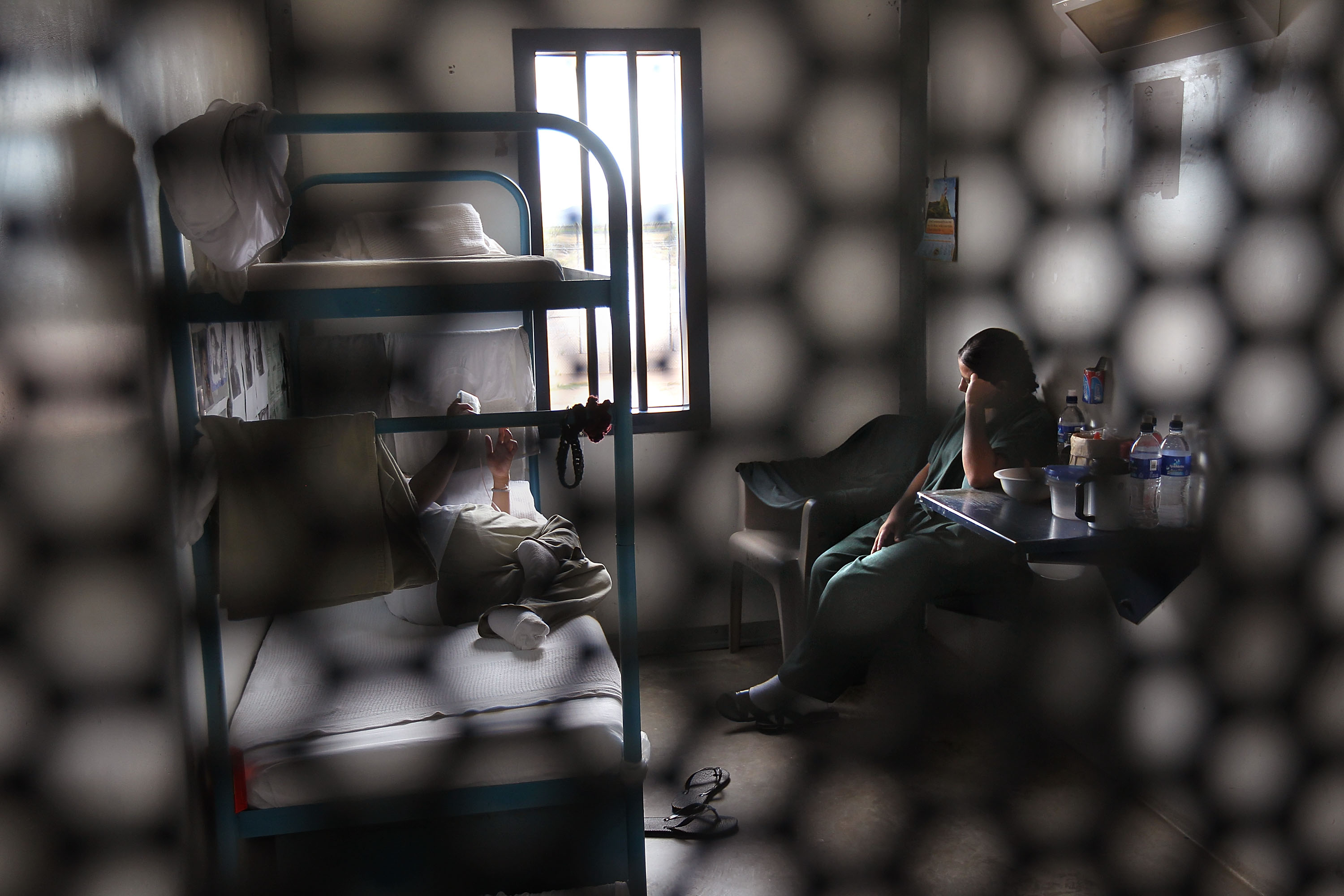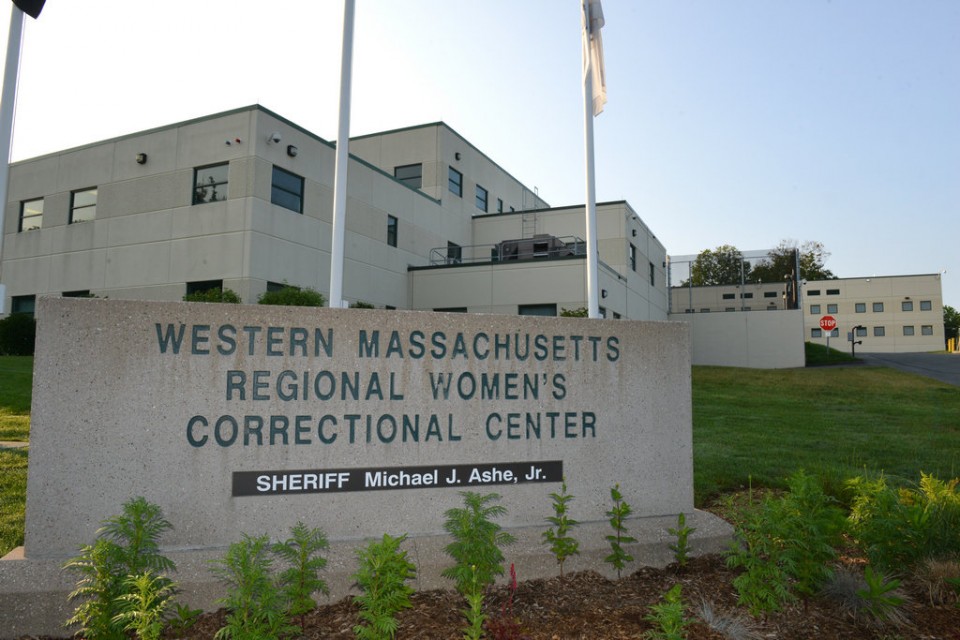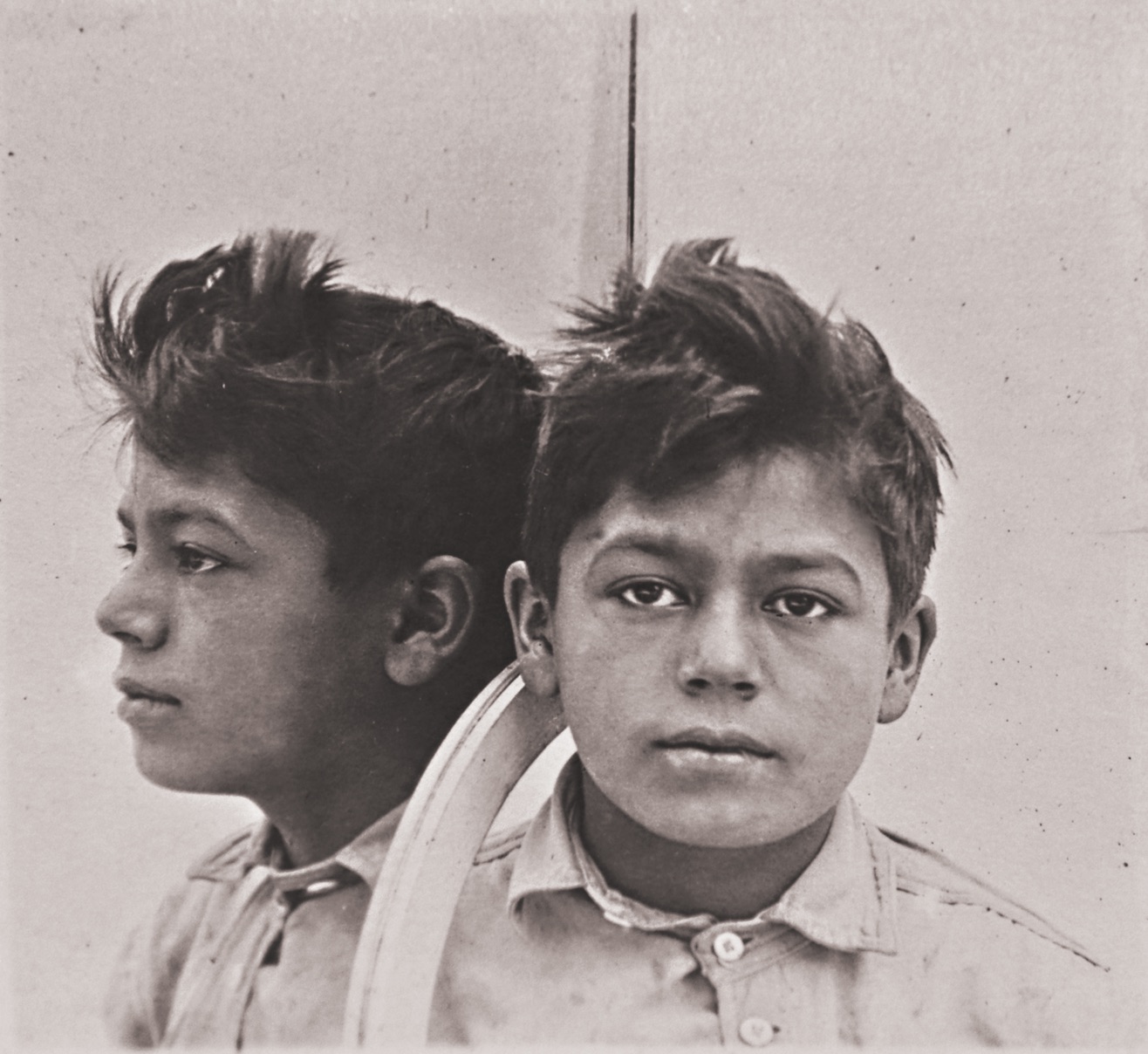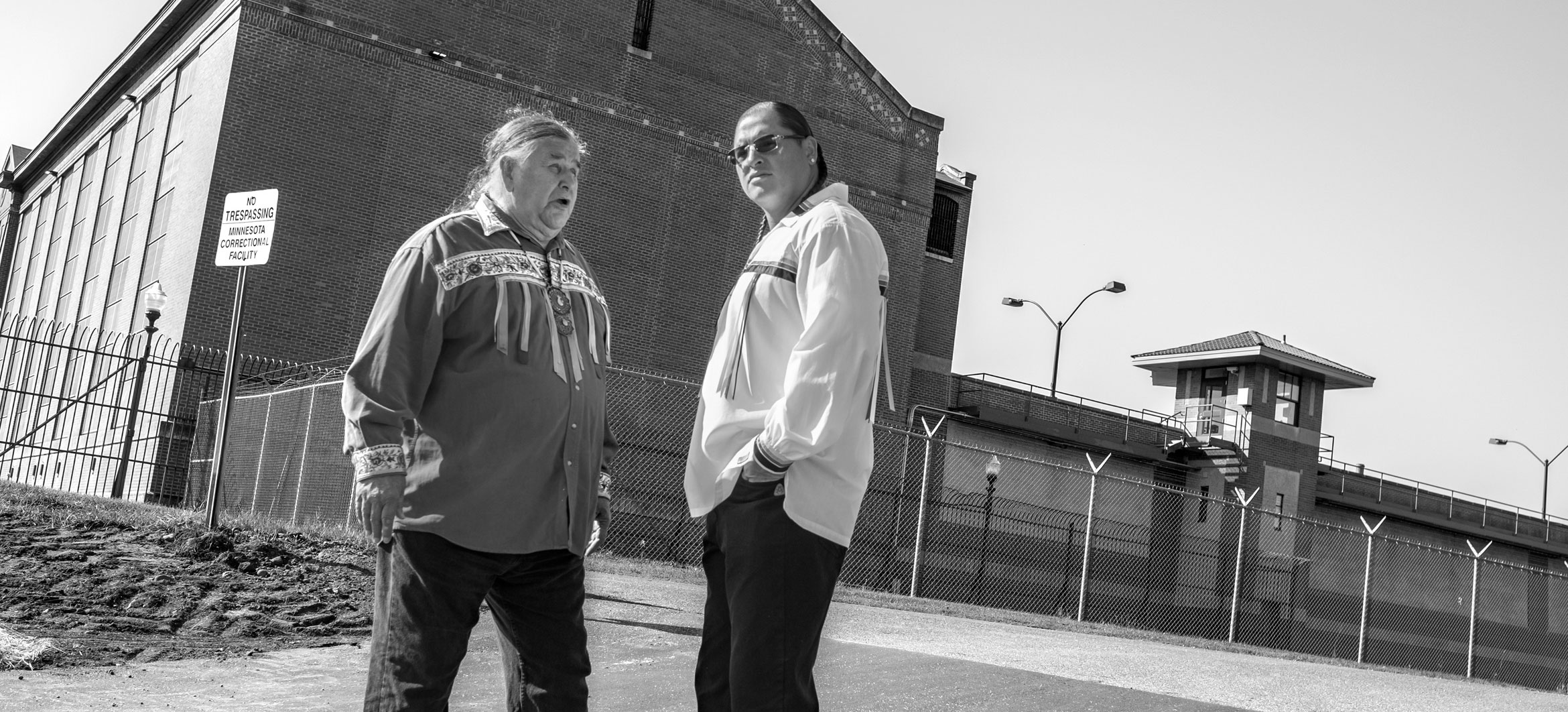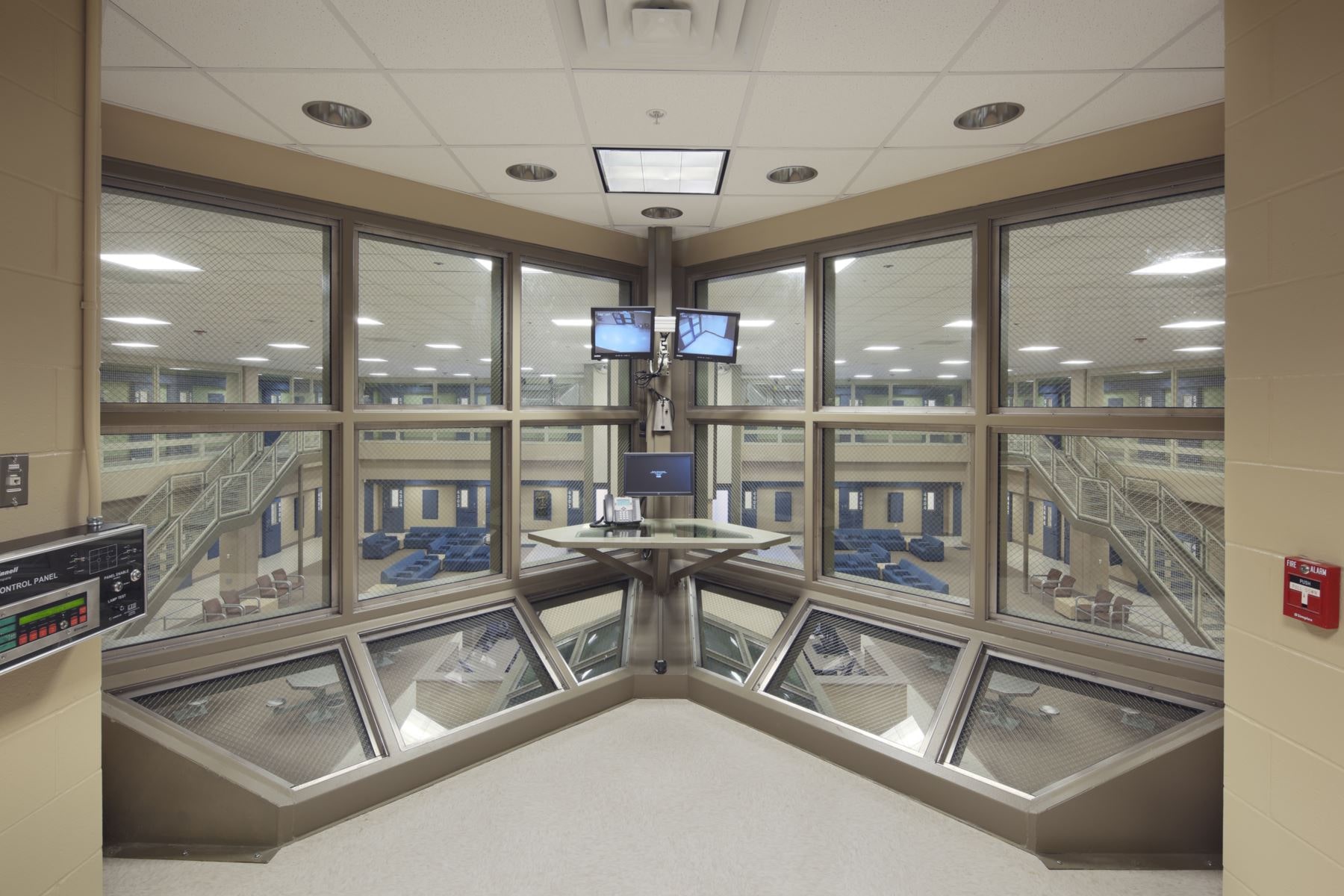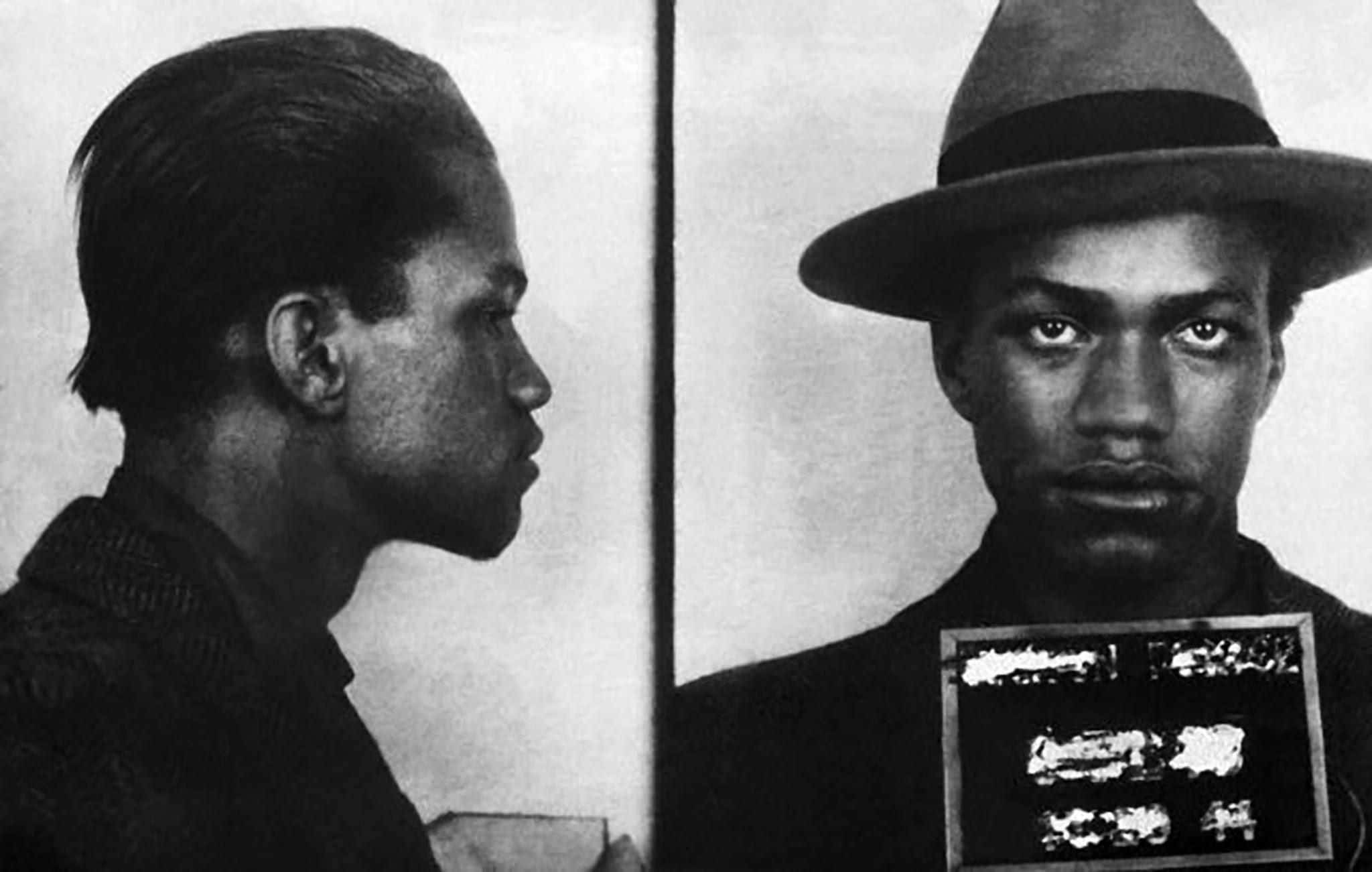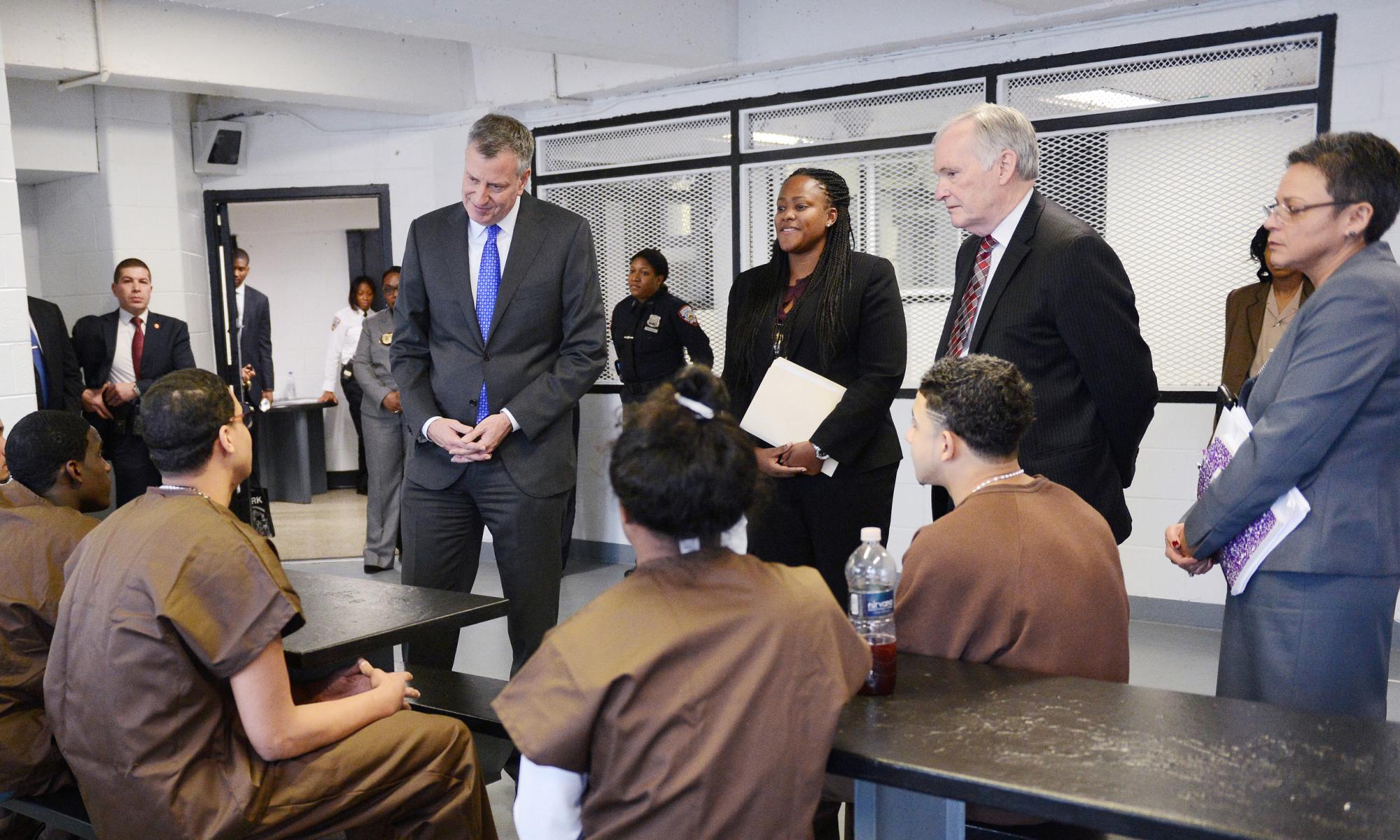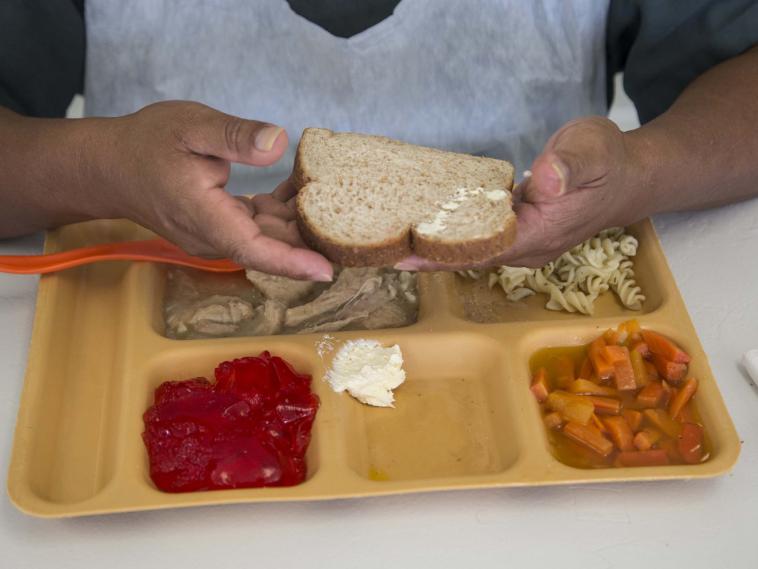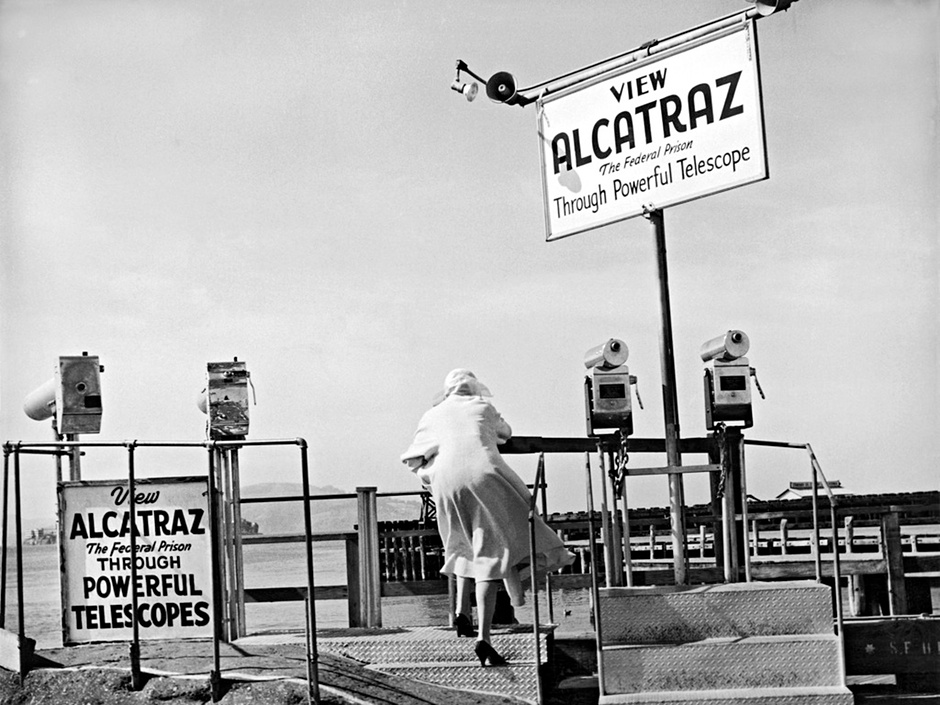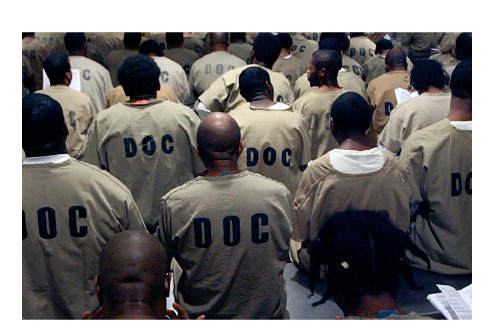States of Incarceration Toolkit
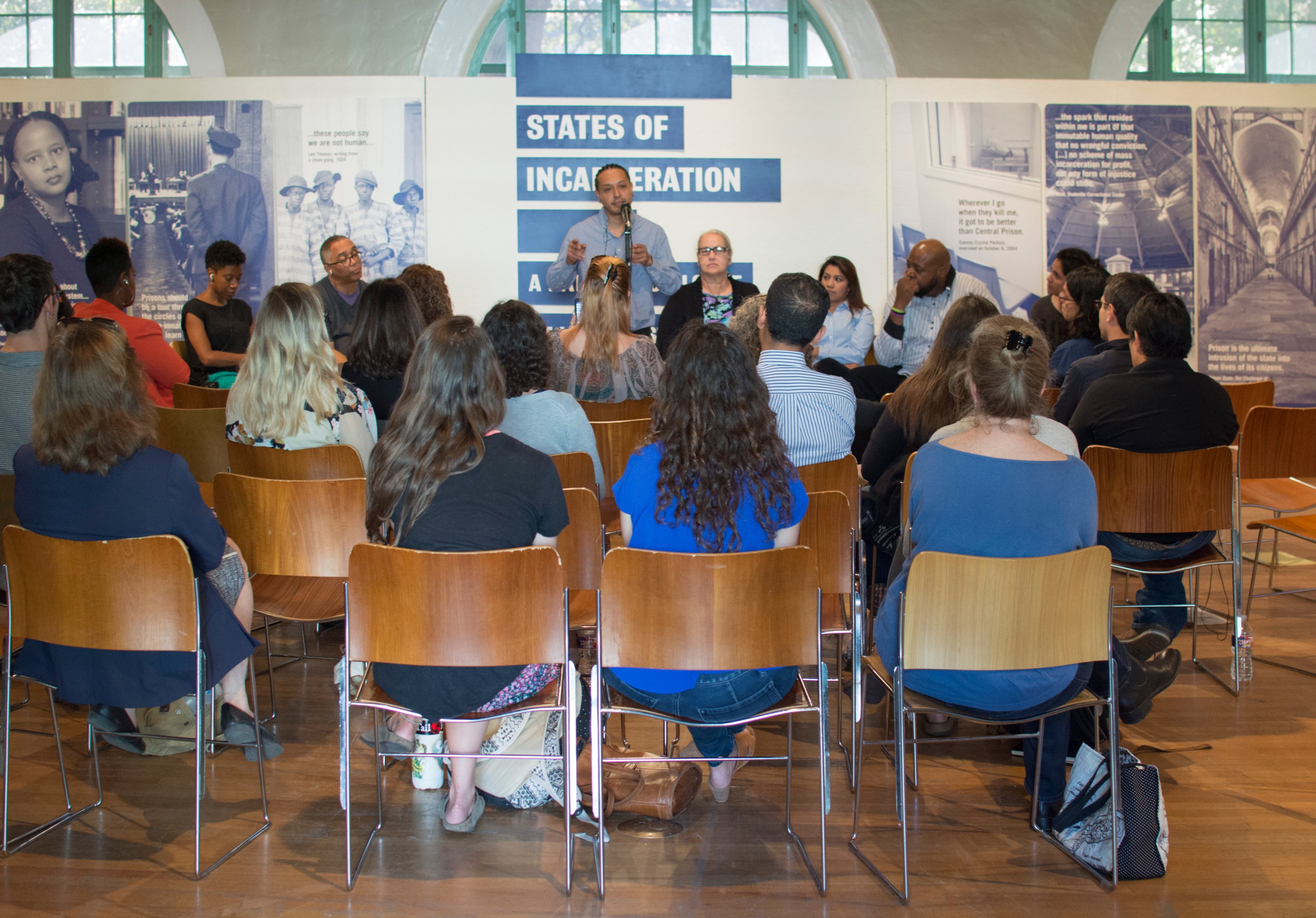
Interested in bringing States of Incarceration to your community? This toolkit includes everything you need. It contains research guides, curatorial specifications, teaching resources, best practices for community partnerships, and discussion guides for classrooms and community organizations. This is a living document that is updated regularly with new tools and best practices from our partners as States of Incarceration continues to grow. Click here to access the toolkit and make sure to reach out to us at humanitiesactionlab@gmail.com if you are interested in becoming a partner!
Table of Contents
- Overview
- Researching Incarceration
- Creating Community Partnerships
- Course Outline and Syllabus Checklist
- Style Guide
- Curatorial Specifications
- Classroom and Community Dialogues
